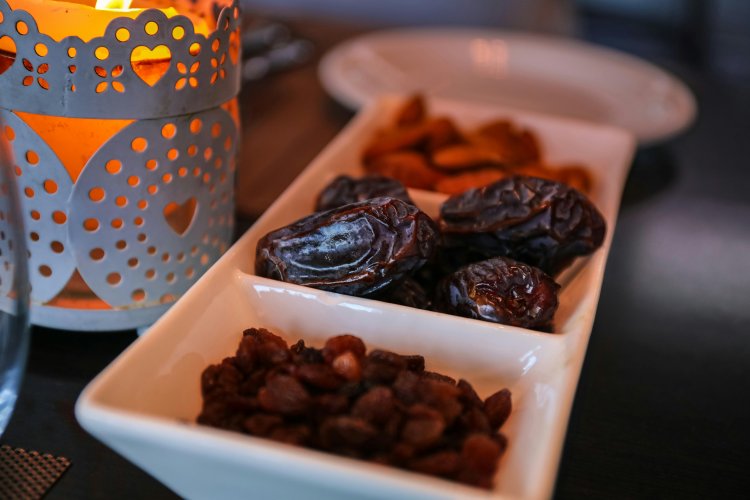Eid Celebrations in Beijing
Last week, Beijing's Muslim community celebrated the end of Ramadan, and fasting, on Eid ul-Fitr, the “celebration for breaking fast.” The day included morning congregational prayers, while the area near Nuijie Mosque held additional ceremonies, feasts, and and markets. In China, the day is celebrated by more than eight various ethnic groups and 18 million people.
For more photos, see our gallery here.
Related stories :
Comments
New comments are displayed first.Comments
![]() Jerry
Submitted by Guest on Mon, 09/05/2011 - 16:43 Permalink
Jerry
Submitted by Guest on Mon, 09/05/2011 - 16:43 Permalink
Re: Eid Celebrations in Beijing
From Wikipedia:
Ethnic groupsMuslims live in every region in China.[3] The highest concentrations are found in the northwest provinces of Xinjiang, Gansu, and Ningxia, with significant populations also found throughout Yunnan province in southwest China and Henan province in central China.[3] Of China’s 55 officially recognized minority peoples, ten groups are predominantly Muslim. The largest groups in descending order are Hui (9.8 million in year 2000 census, or 48% of the officially tabulated number of Muslims), Uyghur (8.4 million, 41%), Kazakh (1.25 million, 6.1%), Dongxiang (514,000, 2.5%), Kyrgyz (161,000), Salar (105,000), Tajik (41,000), Uzbeks, Bonan (17,000), and Tatar (5,000).[3] However, individual members of traditionally Muslim ethnic groups may profess other religions or none at all. Additionally, Tibetan Muslims are officially classified along with the Tibetan people. Muslims live predominantly in the areas that border Central Asia, Tibet and Mongolia, i.e. Xinjiang, Ningxia, Gansu and Qinghai, which is known as the "Quran Belt".[36]
![]() dktoday
Submitted by Guest on Mon, 09/05/2011 - 11:43 Permalink
dktoday
Submitted by Guest on Mon, 09/05/2011 - 11:43 Permalink
Re: Eid Celebrations in Beijing
8 various ethnic groups? Which ones? I can only think of 2.
Validate your mobile phone number to post comments.



